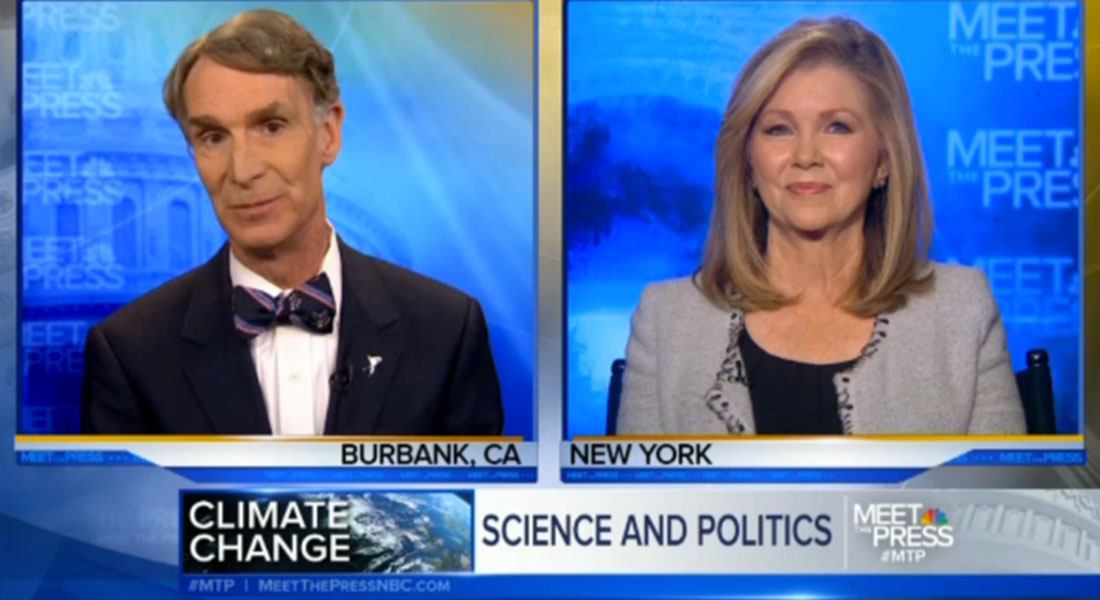Misguided sense of balance exacerbates climate scepticism
Many of us may have inadvertently contributed to the growing climate scepticism of recent years, a widespread phenomenon fuelled by “system errors” built into journalism, social media and parliamentary debates. A new book illustrates the nature of the problem.

In the United States, more than 15% of the population believe that climate change does not exist or is not caused by human activity. The corresponding figure among climate researchers is under 1%. According to Assistant Professor Sune Auken of the University of Copenhagen, this gulf between researchers and the general public is due to an inherent problem of balance in climate debates, e.g. in the media and among politicians.
“For the format to function, television debates – and even important hearings on climate change in the United States Congress – require two parties. One for, one against. This is seen as part and parcel of the political and journalistic requirement for objectivity and balanced debate, according to which all parties must be heard. The format implies that it is as meaningful and legitimate to deny climate change as it is to believe in it,” says Auken, who is co-editor, along with independent consultant Christel Sunesen, of the new book Genre in the Climate Debate.
“99 out of 100 climate scientists around the world are in complete agreement that climate change is real and caused by human activity. In 99% of cases, therefore, objective and fair journalism ought to discuss climate issues based on the premise that they exist and seek to agree on solutions to them,” says Auken.
Towards a new climate understanding
The new book contains wide-ranging analyses of how the climate is addressed in a number of different “genres”, including political hearings, newspaper cartoons, topical satire and Twitter debates. The book represents a milestone in genre research, which since the 1980s has become more and more fully developed as a discipline for cultural analysis.
“Genres can be used to understand people’s thoughts and actions. Be it ‘political consultation’, ‘newspaper article’ or ‘Facebook post’, genres structure our understanding and communication. We believe that continued climate scepticism is linked to imbalances in the genres that debate the issue. It is a serious issue because the ongoing scepticism legitimises politicians and businesses sitting on their hands and is one of the reasons why the green transition is lagging behind. Greater awareness of the problem would help change the genres so that they reflect a more accurate picture of the facts,” says Sune Auken.
Genre in the Climate Debate will be published by De Gruyter on 31 December 2020. Download the book free of charge under the open access rules from www.degruyter.com.
Topics
Contact
Associate Professor Sune Auken
University of Copenhagen
Department of Nordic Studies and Linguistics
Phone: +45 20 56 20 22
Mail: suneauk@hum.ku.dk
Communications Adviser Henrik Friis
Phone: +45 20 56 91 12
Mail: henrik@hum.ku.dk
